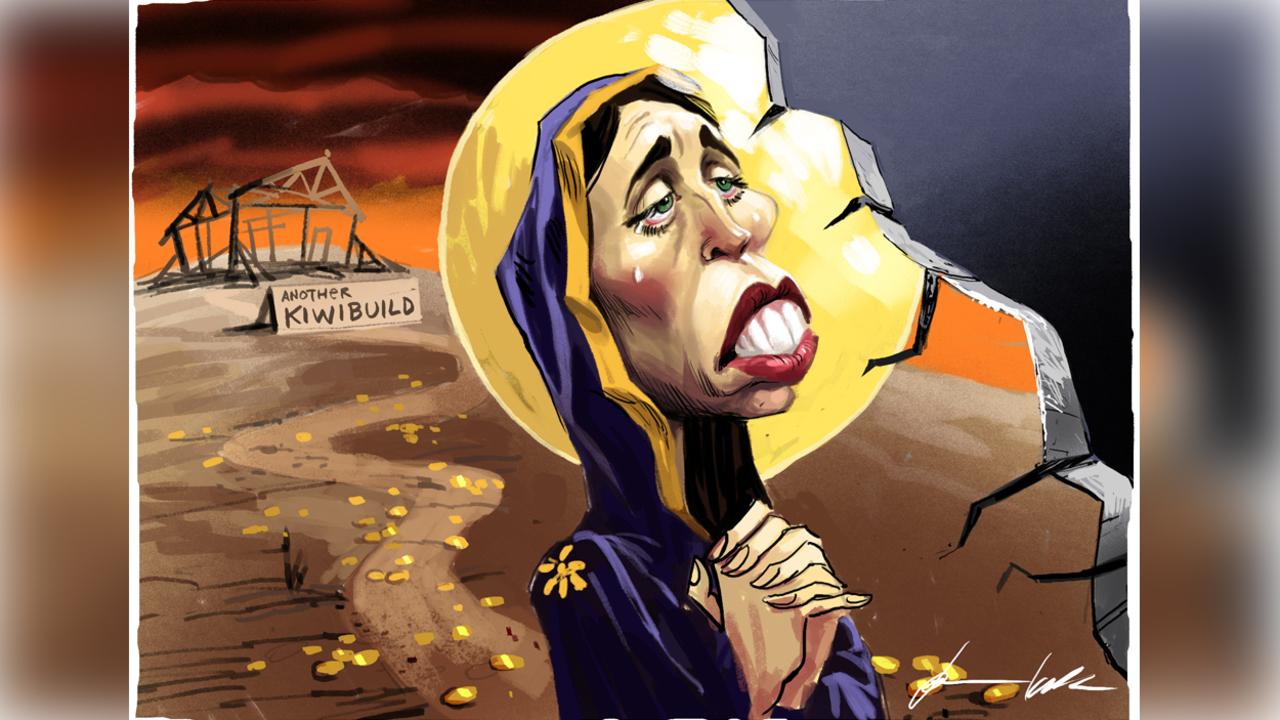Co-investment — that’s a term I’ve heard before. It was a favourite of Gillard’s ministers, who used it to disguise taxpayer handouts to struggling unionised businesses. It’s called spin.
Mind you, no one was talking about the government being given an equity stake in any of the businesses in which taxpayers were made to co-invest. Eventually, the Gillard government had to accept reality as the car companies made their inescapable commercial decisions to cease production in this country. This reality check, however, has not prevented Labor in opposition blocking the closure of the Automotive Transformation Scheme, which still has a kitty of $2 billion and runs to 2020.
But let’s look at the troubles affecting Arrium and the Whyalla steelworks. According to neo-wet Bill Shorten, “tough times call for unusual actions”.
“There’s a role for government in something as important as the steel industry; that we look (at whether) there are opportunities for co-investment. If there is a way in which government can help the steel industry to stay on its feet ... we should.”
In those few words, Shorten has effectively killed off the Hawke-Keating economic legacy. Now the only question for Labor is: what can governments do?
There are some truly loopy ideas around. Let’s mandate the use of Australian-made steel in all government-funded projects. That would be a good idea … not.
Unless Australian-made steel can compete on price and quality, in which case there is no need for mandating its use, there are several adverse effects that would stem from this harebrained idea.
For one, more expensive Australian steel will add to the cost of projects, meaning there will either be fewer projects, taxpayers will be asked to stump up more revenue, or government debt will rise even faster. This adds up to many fewer jobs elsewhere to possibly save a few in the steel industry.
And then there is the fact such industry assistance schemes violate the terms of our trade agreements, the intent of which is to facilitate fair and open trade.
Our trading partners will likely retaliate with measures that harm our exporters.
Mention is often made of what the US did to bail out its automotive industry and the anti-dumping duties it imposes on steel imports. In the first case, it actually took an equity position in the companies; creditors were forced to walk away with nothing, and new workers were employed at a rate half that for existing workers. Would anyone accept such conditions for a Whyalla bailout? Even Shorten would baulk at such measures, particularly the last one.
Anti-dumping duties are just another term for tariffs, based on some sort of spurious thinking that exporting firms must always fully cover costs lest the competition is deemed unfair.
But there are many commercial reasons why firms may accept lower prices — indeed, Austrade has always encouraged exporters to price at variable cost to build up sales. But I guess that’s another arm of government, not our Anti-Dumping Commission.
So what will happens to the Whyalla steelworks? It seems highly improbable it will survive. There is no doubt the company has seriously considered closure in the past, but the costs of shutting the plant (excessive worker entitlements, with up to 104 weeks of redundancy pay, and the cost of environmental remediation) were such that persisting, even while making operating losses, seemed the better alternative. After all, the market might turn and the plant’s financial situation might improve.
But let’s face it, with the glut of steel globally, the market is not going to turn any time soon and there is only so much financial haemorrhaging the company, even under administration, can endure. Contrary to what Shorten claims, co-investment, courtesy of the taxpayer, will not alter this outcome.




To join the conversation, please log in. Don't have an account? Register
Join the conversation, you are commenting as Logout